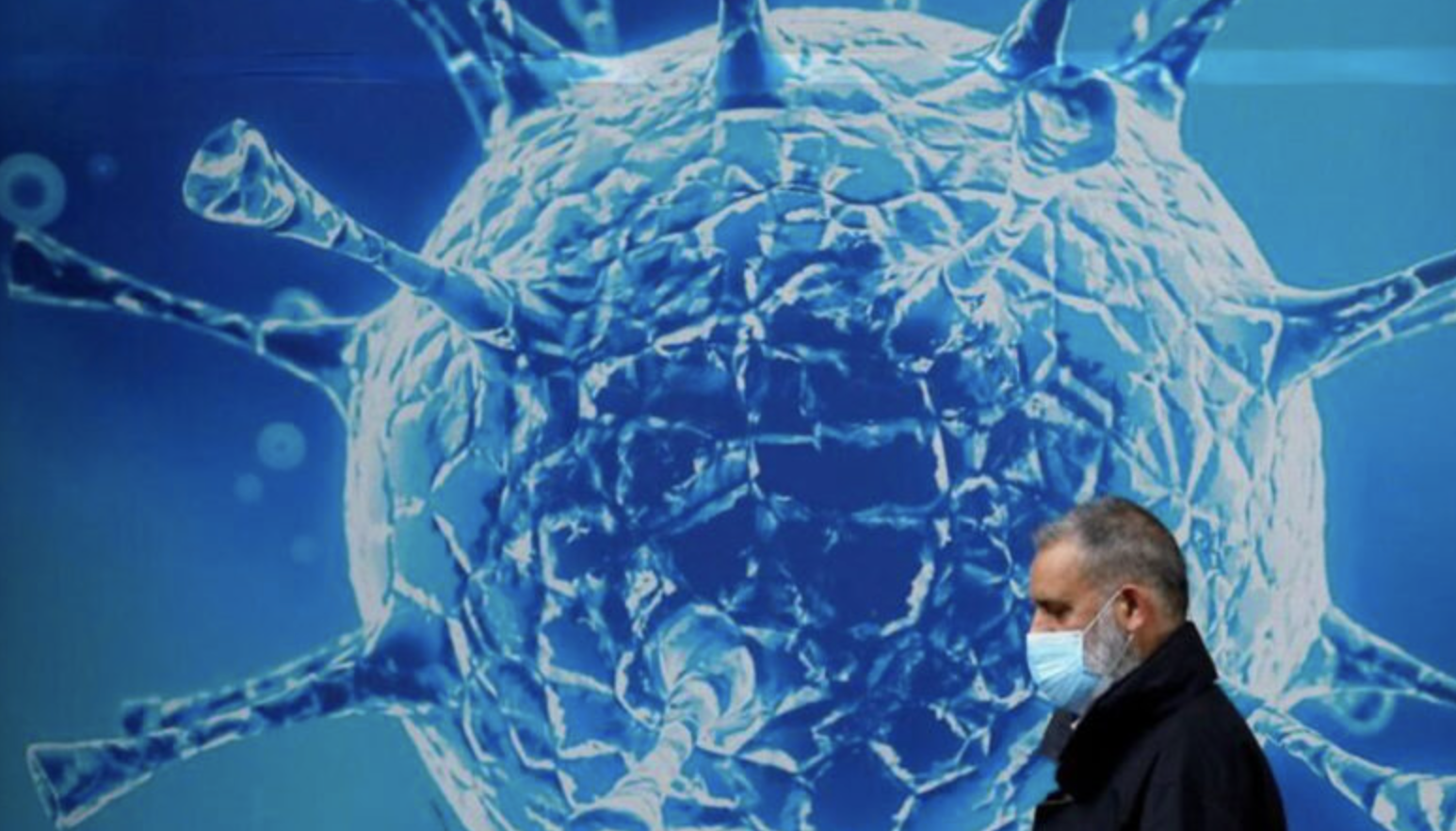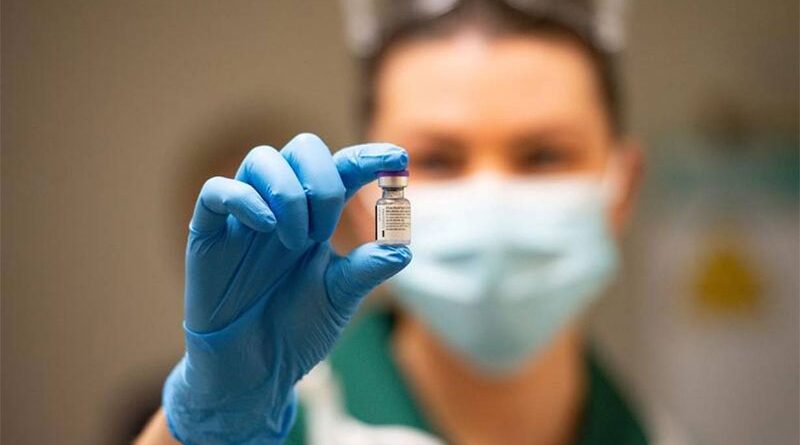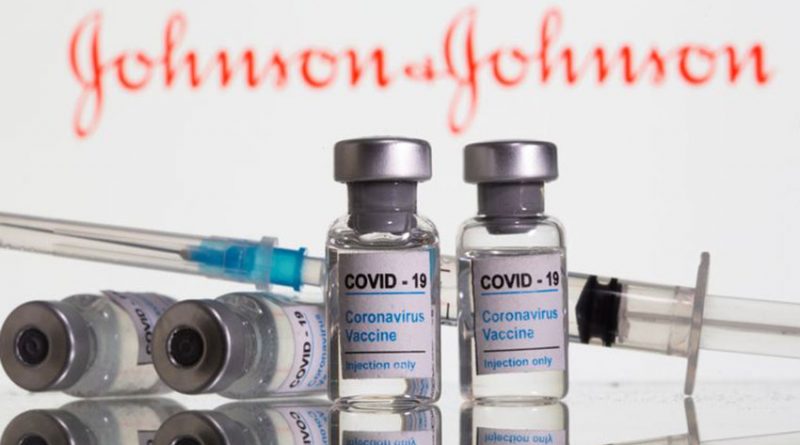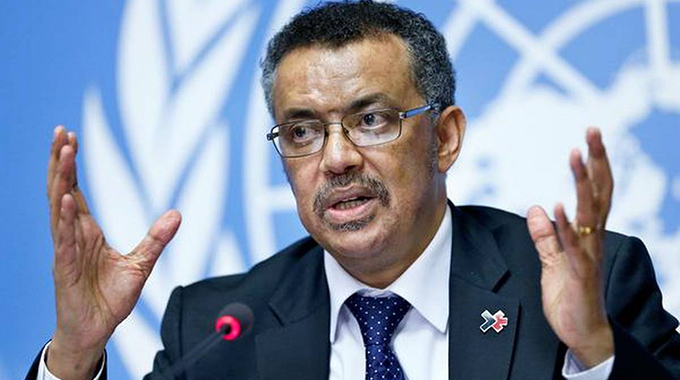THE continued spread of the SARS-CoV-2 virus has spawned a Greek alphabet of variants – a naming system used by the World Health Organization to track concerning new mutations of the virus that causes COVID-19. Some have equipped the virus with better ways of infecting humans or evading vaccine protection.
Scientists remain focused on Delta, now the dominant variant rising rapidly around the world, but are tracking others to see what may one day take its place.
DELTA
The Delta variant first detected in India remains the most worrisome. It is striking unvaccinated populations in many countries and has proven capable of infecting a higher proportion of vaccinated people than its predecessors.
The WHO classifies Delta as a variant of concern, meaning it has been shown capable of increasing transmissibility, causing more severe disease or reducing the benefit of vaccines and treatments.
According to Shane Crotty, a virologist at the La Jolla Institute for Immunology in San Diego, Delta’s “superpower” is its transmissibility. Chinese researchers found that people infected with Delta carry 1,260 times more virus in their noses compared with the original version of the coronavirus. Some U.S. research suggests that the “viral load” in vaccinated individuals who become infected with Delta is on par with those who are unvaccinated, but more research is needed.
While the original coronavirus took up to seven days to cause symptoms, Delta can cause symptoms two to three days faster, giving the immune system less time to respond and mount a defense.
Delta also appears to be mutating further, with reports emerging of a “Delta Plus” variant, a sub-lineage that carries an additional mutation that has been shown to evade immune protection.
India listed Delta Plus as a variant of concern in June, but neither the U.S. Centers For Disease Control and Prevention nor the WHO have done so yet. According to Outbreak.info, an open-source COVID-19 database, Delta Plus has been detected in at least 32 countries. Experts say it is not yet clear whether it is more dangerous.
LAMBDA – ON THE WANE?
The Lambda variant has attracted attention as a potential new threat. But this version of the coronavirus, first identified in Peru in December, may be receding, several infectious disease experts told Reuters.
The WHO classifies Lambda as a variant of interest, meaning it carries mutations suspected of causing a change in transmissibility or causing more severe disease, but it is still under investigation. Lab studies show it has mutations that resist vaccine-induced antibodies.
Dr. Eric Topol, a professor of molecular medicine and director of the Scripps Research Translational Institute in La Jolla, California, said the percentage of new Lambda cases reported to GISAID, a database that tracks SARS-CoV-2 variants, has been dropping, a sign that the variant is waning.
In a recent call with the CDC, disease experts said Lambda did not appear to be causing increased transmissibility, and vaccines appear to be holding up well against it, said Dr. William Schaffner, an infectious diseases expert at Vanderbilt University Medical Center who attended the discussion.
B.1.621 – ONE TO WATCH
The B.1.621 variant, which first arose in Colombia in January, where it caused a major outbreak, has yet to earn a Greek letter name.
The European Center for Disease Prevention and Control has listed it as a variant of interest, while Public Health England describes B.1.621 as a variant under investigation. It carries several key mutations, including E484K, N501Y and D614G, that have been linked with increased transmissibility and reduced immune protection. So far, there have been 37 likely and confirmed cases in the UK, according to a recent government report, and the variant has been identified in a number of patients in Florida.
MORE ON THE WAY?
Dr. Anthony Fauci, the White House’s chief medical adviser, recently warned that the United States could be in trouble unless more Americans get vaccinated, as a large pool of unvaccinated people give the virus more opportunity to spread and mutate into new variants.
Proponents of greater international distribution of vaccine doses by rich countries say the same thing could happen as variants emerge unchecked among the populations of poor nations where very few people have been inoculated.
Even so, a key issue is that the current vaccines block severe disease but do not prevent infection, said Dr. Gregory Poland, a vaccine scientist at the Mayo Clinic. That is because the virus is still capable of replicating in the nose, even among vaccinated people, who can then transmit the disease through tiny, aerosolized droplets.
To defeat SARS-CoV-2, he said, will likely require a new generation of vaccines that also block transmission. Until then, the world will remain vulnerable to the rise of new coronavirus variants, according to Poland and other experts.
ABUJA (Reuters) - Nigeria has received 4 million doses of Moderna’s COVID-19 vaccines donated by the United States government, its health minister said on Monday, as the West African country battles a third wave of infections.
Osagie Ehanire said the vaccines, which arrived on Sunday, are undergoing validation by the country’s drug regulator. He said the doses will be distributed to the local states once they are certified fit for use.
The U.S. government last week shipped nearly 10 million doses to two of the most populous African countries - Nigeria and South Africa.
“Vaccination in Nigeria should soon begin with the arrival ... of Moderna vaccines, thanks to the United States government,” Ehanire told a coronavirus briefing in Abuja.
He said Nigeria would receive over 40 million doses by the end of the year, without providing details.
The primary healthcare agency said last month that Nigeria had exhausted an initial supply of nearly 4 million shots and expects to receive nearly 8 million doses of COVID-19 vaccines by the end of August, including the U.S. government donation.
Nigeria, Africa’s most populous nation, has seen a rise in coronavirus cases since mid July. Some 174,315 cases and 2,149 deaths have been recorded since the pandemic began in early 2020, official data shows.
It recently detected the highly contagious Delta variant, with the health minister warning that the country was going through a third wave of the infection.
Resident doctors in Nigerian public hospitals began an indefinite strike on Monday over grievances that include the delayed payment of salaries and allowances, the doctors’ union said, as coronavirus infections rise.
Writing by Chijioke Ohuocha; Editing by Sandra Maler
Our Standards: The Thomson Reuters Trust Principles
JOHANNESBURG, July 26 (Reuters) - South Africa's Aspen Pharmacare (APNJ.J) will supply the first batch of Johnson & Johnson (JNJ.N) COVID-19 vaccine to the country from July 26, the drugmaker said on Monday.
It will be the first set of vaccines to be manufactured in the country from active pharmaceutical ingredients (API) - substances used to make the final drug product - sourced from Europe, Aspen said.
South Africa's vaccination drive suffered a major setback in April after U.S. Federal Drug Administration halted production of J&J vaccines at a plant in Baltimore run by Emergent Biosolutions Inc (EBS.N) after it was found to be contaminated. read more
Aspen, which has been contracted by J&J to manufacture the vaccines in South Africa in a process called 'fill and finish', had been sourcing APIs from the Baltimore plant and was asked to destroy 2 million doses as part of the finding of the FDA.
The supplies will also be distributed to other African countries under the African Vaccine Acquisition Task Team under which J&J has committed to supply 220 million doses of the single shot vaccine, Aspen said.
Africa's dependence on imports of COVID-19 vaccine has left it vulnerable to repeated waves of the coronavirus, raising demands for vaccine production facilities in the continent.
It has administered just 60 million vaccine doses in a population of 1.3 billion due to restrictions on shipments from vaccine producing nations. read more
South Africa's Biovac Institute struck a deal with Pfizer (PFE.N) last week for a "fill and finish" arrangement to produce 100 million vaccines by 2022-23. read more
"Supply for Africa and South Africa is particularly rewarding, given the current global inequality in accessing vaccines," Stephen Saad, chief executive of Aspen said in a statement. "This represents a big step forward in ensuring that Africa can address its healthcare priorities."
Our Standards: The Thomson Reuters Trust Principles.
The World Health Organization's chief scientist has advised individuals against mixing and matching Covid-19 vaccines from different manufacturers, saying such decisions should be left to public health authorities.
"It's a little bit of a dangerous trend here," Soumya Swaminathan told an online briefing on Monday after a question about booster shots. "It will be a chaotic situation in countries if citizens start deciding when and who will be taking a second, a third and a fourth dose."
Swaminathan had called mixing a "data-free zone" but later clarified her remarks in an overnight tweet.
"Individuals should not decide for themselves, public health agencies can, based on available data," she said in the tweet. "Data from mix and match studies of different vaccines are awaited - immunogenicity and safety both need to be evaluated."
The WHO's Strategic Advisory Group of Experts on vaccines said in June the Pfizer vaccine could be used as a second dose after an initial dose of AstraZeneca, if the latter is not available.
A clinical trial led by the University of Oxford in the UK is ongoing to investigate mixing the regimen of AstraZeneca and Pfizer vaccines. The trial was recently expanded to include the Moderna and Novavax vaccines.




